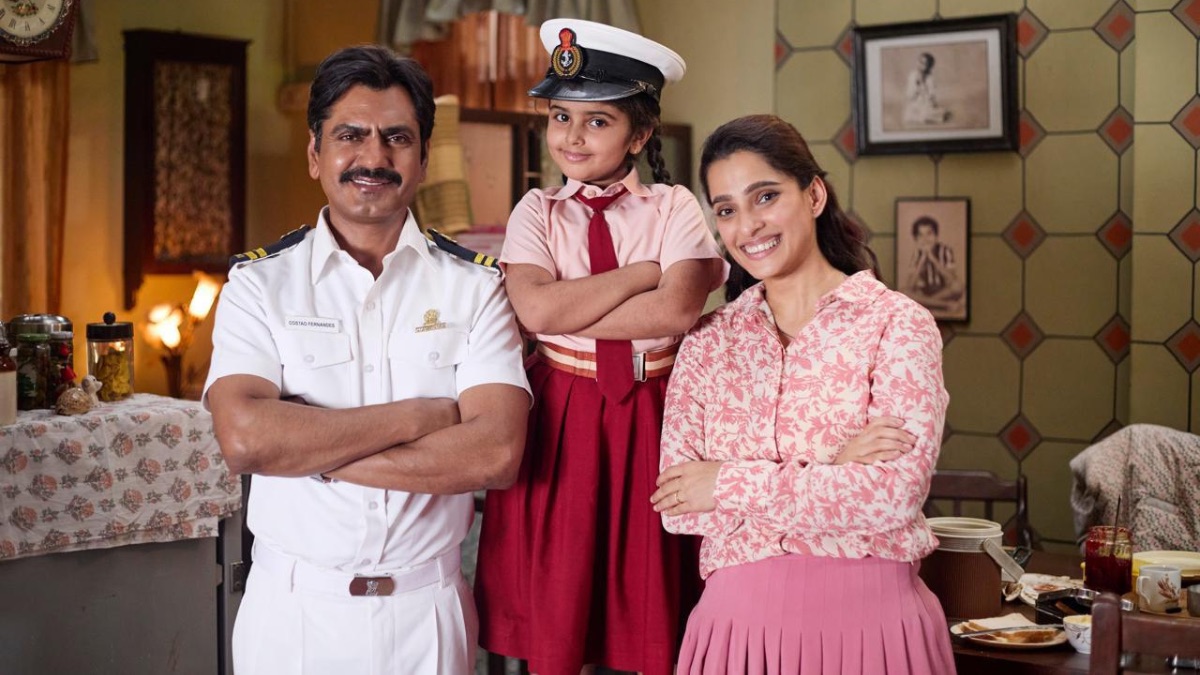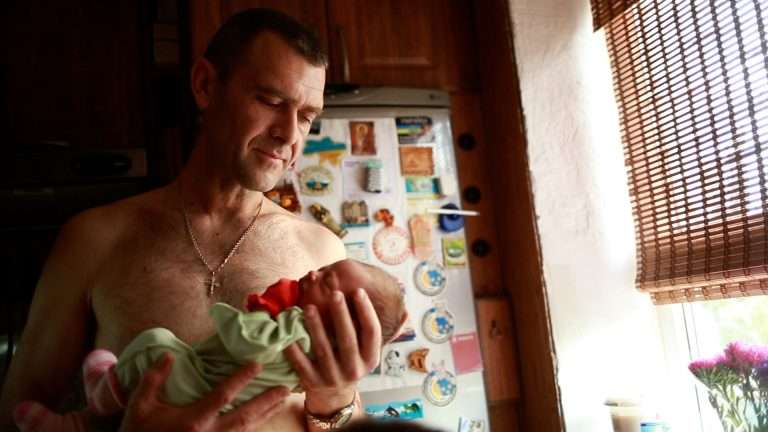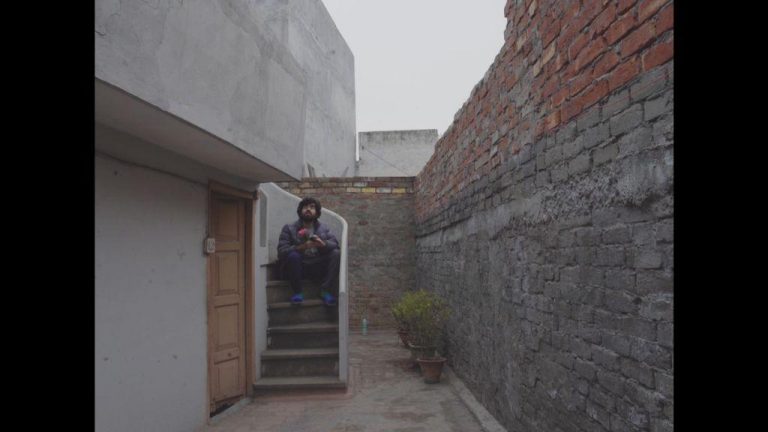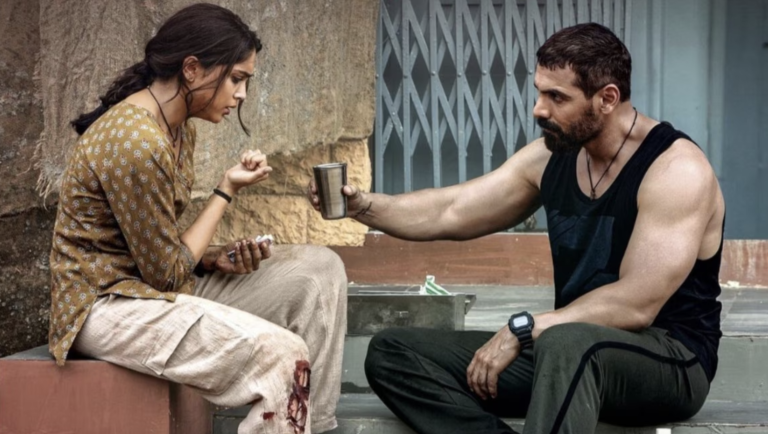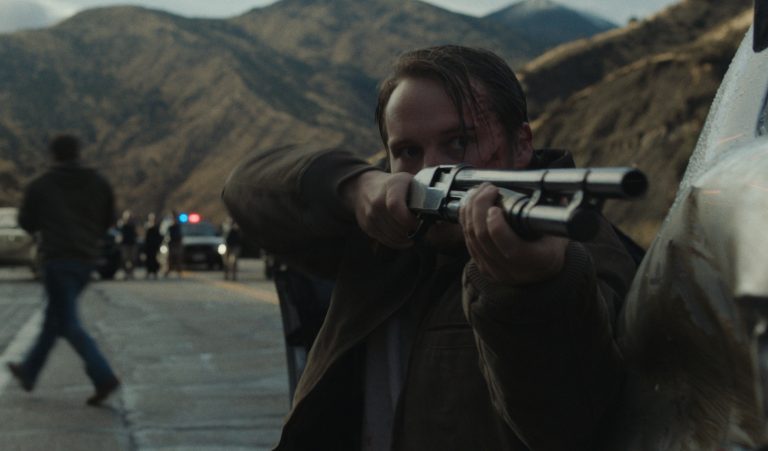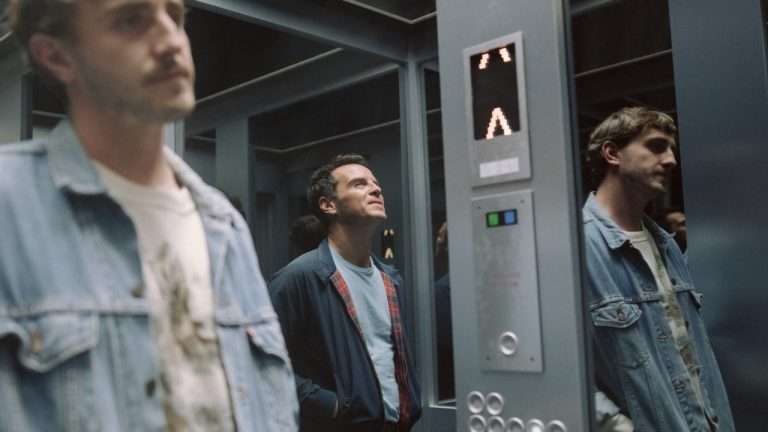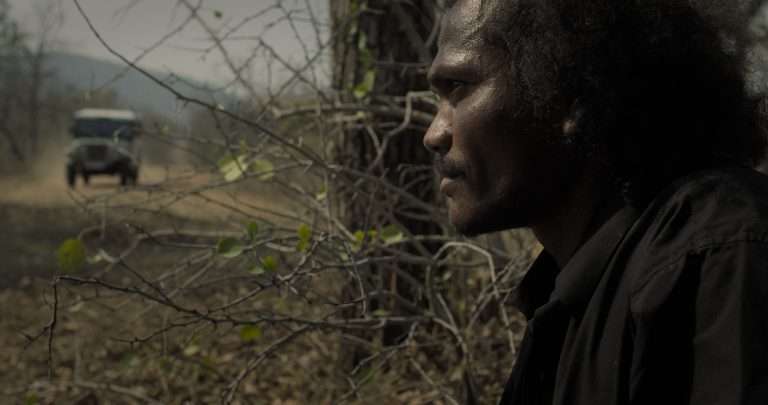Nawazuddin Siddiqui has carved a unique space for himself in Indian cinema with unforgettable performances in films like Gangs of Wasseypur, Kick, Manjhi: The Mountain Man, Sacred Games, Raman Raghav 2.0, and many others. His work continues to be celebrated, with several of these titles now considered cult classics. His latest film, “Costao,” is a grounded drama based on true events. It tells the story of a dedicated customs officer who spends years battling corruption and powerful criminals who believe that money can bend the system and bury the truth.
We recently had the chance to sit down with Nawazuddin Siddiqui to talk about “Costao,” his experience portraying a real-life character, and what drew him to this story.
Rishabh Shandilya: You’ve always gravitated toward complex, often conflicted characters. What was it about Costao that felt new or personally challenging, even after all the multifarious roles you’ve done?
Nawazuddin Siddiqui: Honestly, every character I take on feels like a fresh challenge, because you’re stepping into the skin of someone entirely different from yourself. Different background, different upbringing, a different way of thinking, living, reacting, and that’s what keeps the craft exciting for me.
With “Costao,” it was especially tough, and I’ll tell you why. He’s a customs officer, seemingly a straightforward man, but his life turns upside down when he’s suddenly accused in a case that’s clearly orchestrated to tarnish his name and break his spirit. What made it more demanding was that this character is inspired by a real person. So there was an added responsibility to portray him truthfully, without dramatizing his pain or diluting his strength.
Rishabh Shandilya: Goa is often romanticized in Indian cinema, a place where people go to enjoy their life, but Costao strips that back to show its underbelly. How did the setting itself, its contradictions, influence your performance?
Nawazuddin Siddiqui: Absolutely. Goa is usually portrayed as this carefree paradise in our films, a place for parties, beaches, and letting go of all your worries. And that side of Goa does exist, but what we rarely see, and what “Costao” tries to bring to light, is the other side, the part we don’t talk about. The crime, the smuggling, the unsung heroes who quietly fight against it every single day without expecting applause or recognition.
I think what made it more powerful for me as an actor was knowing that this story is rooted in reality. The man Costao is based on actually put his life on the line to stop gold smuggling operations worth thousands of crores, all without any fanfare. Also, most people, tourists, and even locals, never knew this was happening. That duality really made me curious. You have people enjoying scenic beaches just a few kilometers away from places where gold smuggling is rampant, and the two worlds almost never intersect.
Rishabh Shandilya: Some scenes say more with silence than words. Was there any scene where you chose to hold back more than what was written in the script? Also, can you tell us about your favorite moments in the film?
Nawazuddin Siddiqui: Yes, absolutely. Sometimes silence can carry an emotion far more powerfully than any line of dialogue. One of my favorite scenes—and I’d say also the most emotionally charged moment for me—is the climax of the film, where Costao finally reunites with his family after years of fighting a legal battle and being wrongly accused.
What I love about that scene is how understated it is. You’ll notice that there is no dramatic music, no loud dialogue, no heroic monologue. All there is a quiet stillness. Costao has been through hell, but in that moment, as he looks at his wife and children, he feels at peace. Without any heavy or dramatic dialogue, he says that the storm has passed. The director consciously held back there. We didn’t want to overact it or spell things out. We let the silence speak for the years of pain, and I think that simplicity made the moment even more powerful.
Rishabh Shandilya: Your scenes with Priya Bapat, especially the domestic ones, bring emotional grounding to the story. How did the two of you build that intimacy on and off-camera?
Nawazuddin Siddiqui: (Laughs) Honestly, working with Priya Bapat was an absolute pleasure. She’s a phenomenal actress with great instincts. There’s a particular scene you’re probably referring to, a heated argument between husband and wife, that actually ended up being one of my favorites. Also, a lot of that scene was improvised. Priya added her own lines and responded in real-time, as if we were really clashing as a married couple under pressure. I remember she went a bit over the top in one take, not in a bad way, but in a completely raw, emotional way—and the director, thankfully, didn’t yell “cut.” He let it roll, and what came out was a brilliant scene.
Rishabh Shandilya: Some of your most intense scenes are with Kishore Kumar G’s character. How was it collaborating with someone who brings such a strong presence on screen?
Nawazuddin Siddiqui: Oh, absolutely. Kishore Sir has such a commanding presence that just sharing screen space with him pushes you to give your best. As an actor, I love working with those who challenge me in the best way possible, and Kishore is exactly that. You can improvise, take risks, even push the emotional boundaries, and he meets you on the same bandwidth without losing the truth of the moment.
What I really appreciated was how the film didn’t reduce his character to a typical villain. Yes, he’s on the other side of the law, buys cops with money, and smuggles millions of dollars worth of illegal gold, but there’s a layered vulnerability in him. The film is packed with moments where you see the cracks, the internal conflict, and Kishore brought that out beautifully. It’s rare in cinema nowadays to allow antagonists that kind of depth, and I’m really thankful to our director for giving Kishore the space to explore it.
Rishabh Shandilya: Last question, before we end this, we always ask our guests about their five favorite films, but since we’re called “High on Films,” could you share some movies that you believe represent the cinematic high moments, where you feel cinema truly reached its peak? What films made you feel that way?
Nawazuddin Siddiqui: That’s a great question and a tough one, because there are so many films that have left a mark on me. If I had to pick five that, for me, represent cinema at its absolute best, it would be Perfect Days, Phantom Thread, Bandit Queen, Court, and All We Imagine as Light.

